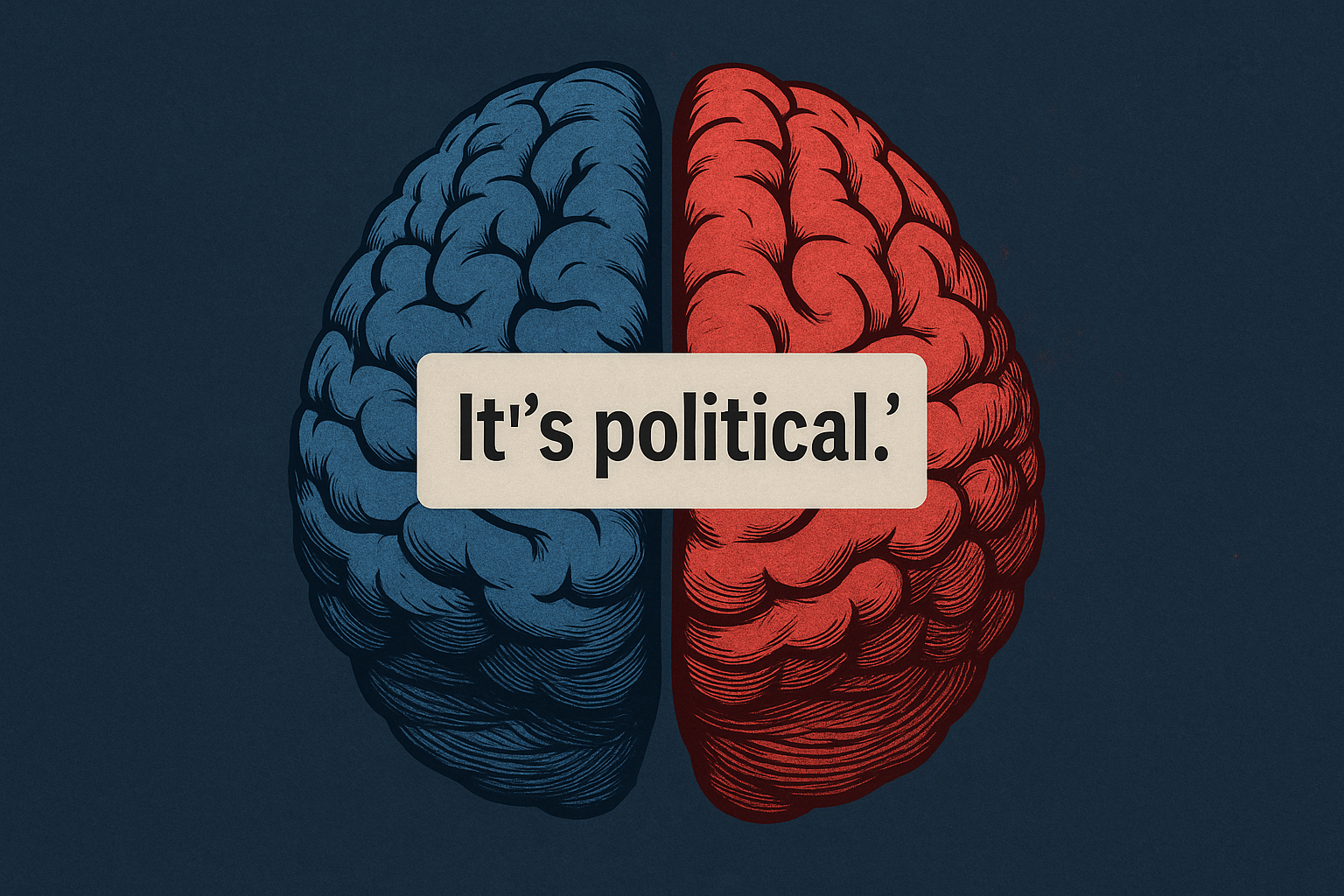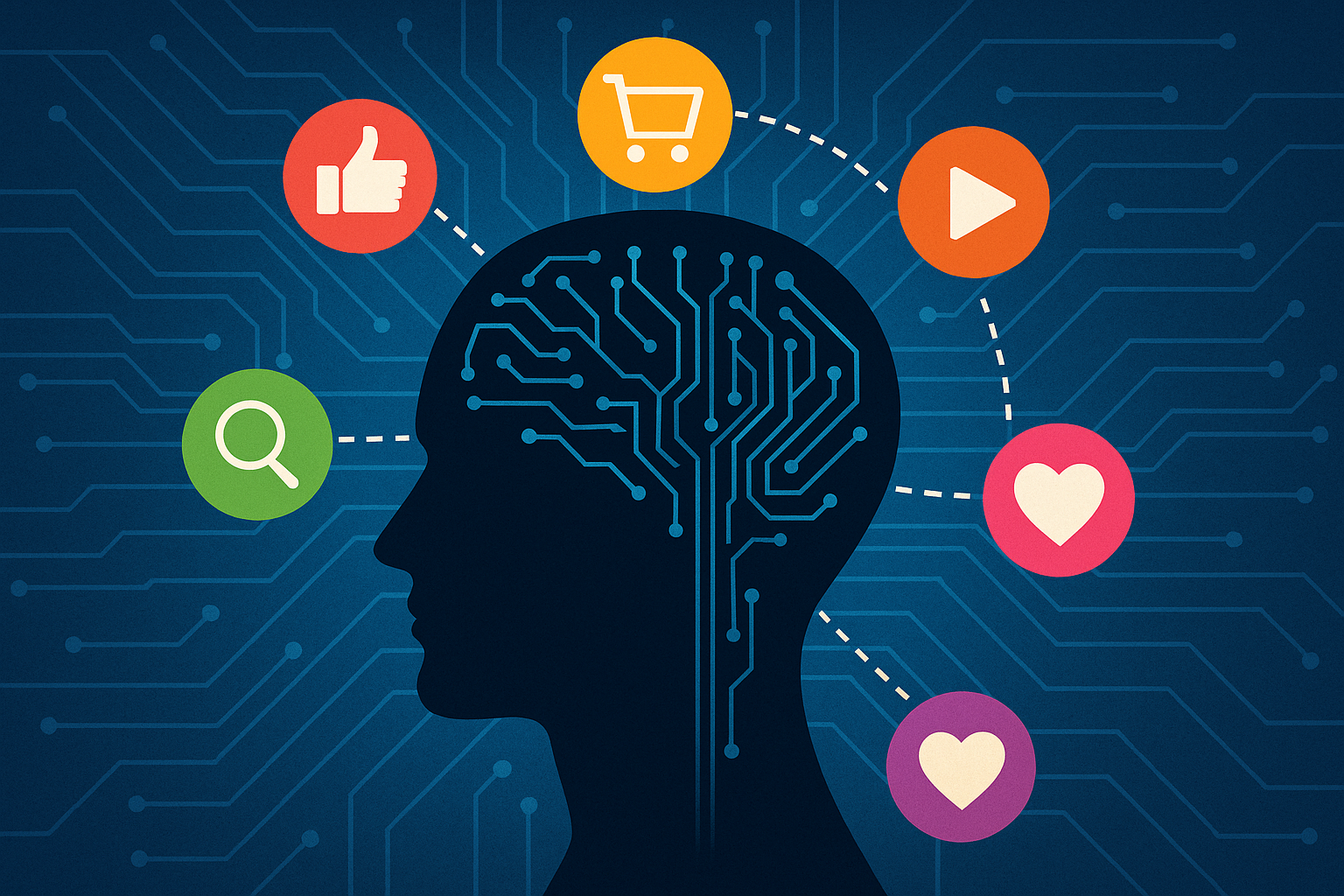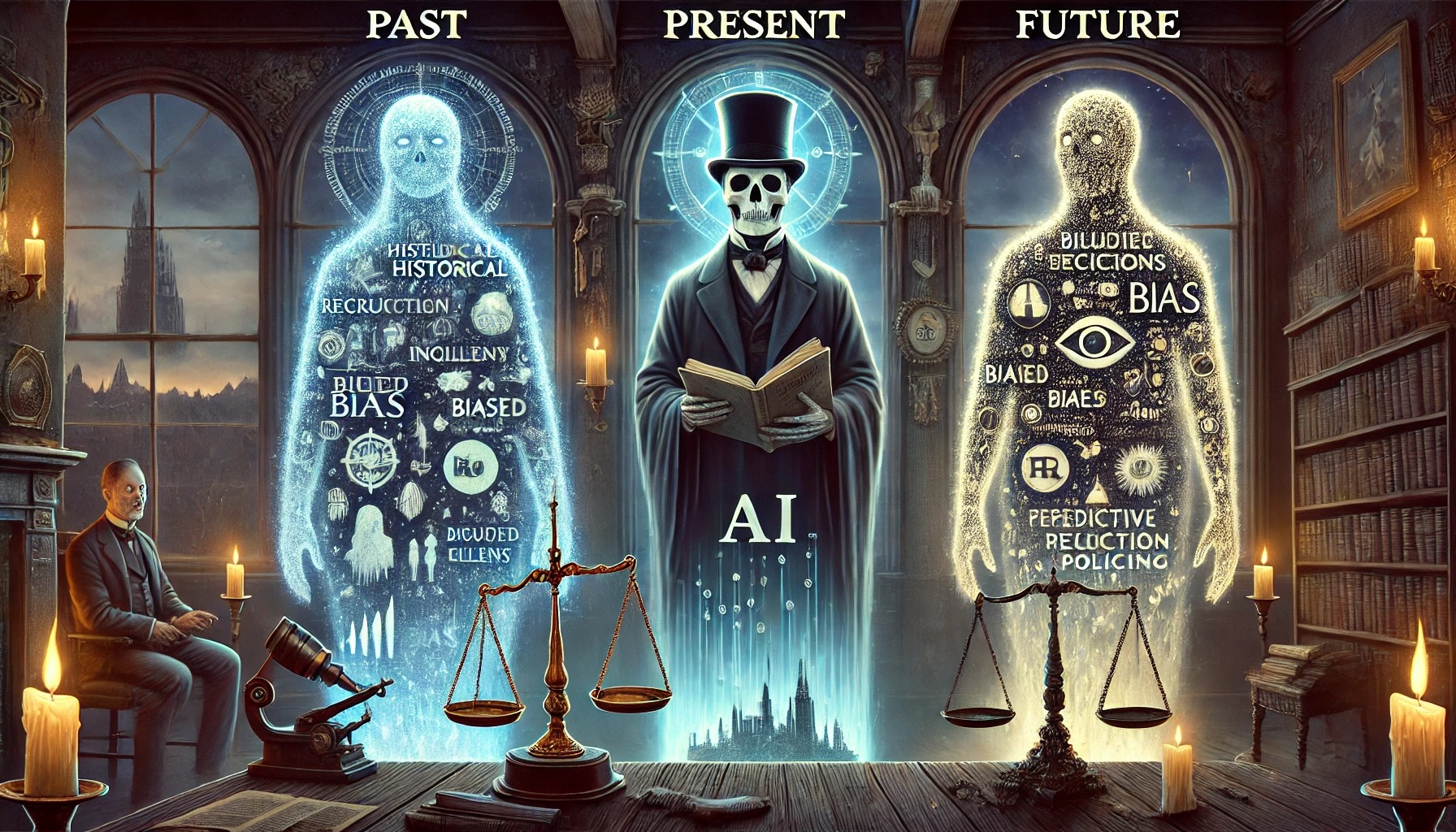
Any time you unconsciously judge, label, or categorize based on preconceived notions like race, gender, or behavior, your bias has just guided your perceptions or decisions. We all do it, and it often happens so fast that we don’t even register the occurrence. The underlying beliefs remain and can have lasting negative consequences when left unchecked. Bias is different from belief. Unconscious Biases are a byproduct of how our brains process information.
Unconscious Biases Affect Our Personal & Professional Lives
While the majority of unconscious biases may not lead to physical violence or overt issues, they can, over time, undermine many things like the health of working relationships and/or lead to unfair employment practices. Bias is born in our brains (cognitive bias), manifested in our actions (social bias) and, over time, becomes embedded in our institutions (systemic bias). This is the Bias Ecosystem.
The negative impacts of unconscious bias are best illustrated through examples. — You’re the hiring manager for a company’s sales team. You’ve recently interviewed two promising candidates, one male, and one female. Her resume was outstanding and her personable attitude was upbeat. The male candidate’s resume is not as strong due to a few unexplained employment gaps but his personality was also upbeat as the female.
From an objectively neutral standpoint, the female candidate may be the obvious hire. But, if you were to allow anchoring bias to perpetuate stereotypical thinking, “men make better salespeople”, you are likely to hire the less-qualified male candidate instead. Because of the way our brains process information, the unconscious mental processing frequently makes the decision before our conscious minds are even activated. In those situations, the conscious mind simply provides the rationalization for the decision already made by our unconscious mind.
Awareness of this phenomenon is nice but it’s not enough. The insidious nature of unconscious bias is that it occurs outside your conscious awareness. A process of allowing others to check you on your thinking is best. As leaders, we need to trust those closest to us and invite them to highlight any cognitive biases they may see in a decision we are making.
Combatting Our Unconscious Biases
Fortunately, through self-awareness and honest evaluation of the biases we hold, we can begin to offset the consequences and impacts of these decisions. While we all have a biased way of looking and interacting with the world, we can choose to approach our decisions and relationships with truth and inclusivity in mind.
To do this, we must acknowledge and take responsibility for our underlying beliefs and determine what biases are associated with them. Is my bias in favor of the University of Michigan graduates limiting the number of candidates? Am I overvaluing any one candidate because they may have gone to school where I did? (Like-Me bias) Am I overvaluing someone based on where they currently live? (Proximity bias) It’s usually uncomfortable to address these underlying beliefs, but if you can precisely identify the unconscious biases, you are one step closer to putting an effective mitigation strategy or tactic in place.
It can be difficult to perceive unfounded biases without an outsider’s honest opinion. By developing group bias awareness and brainstorming realistic strategies to offset the negative effects as a team, your company’s important decision-making processes become more sensible.
During our unconscious bias workshops with The Percipio Company, your team will learn valuable self-awareness strategies and can begin to base important decisions on fair and reality-based consciousness, rather than false bias metrics. The result is less discrimination, agism, or genderism and more inclusion, greater productivity, and increased revenues.
Are you ready to disrupt your biases and extend equal opportunities to your employees? At the Percipio Company, we are on a mission to demystify and de-stigmatize cognitive biases, disrupt social biases of all types, and dismantle bias that’s become institutionalized in our respective businesses and public agencies. Learn how you can start the process with your team and contact us today!

Percipio Company is led by Matthew Cahill. His deep expertise in cognitive, social, and workplace biases is rooted in the belief that if you have a brain, you have bias®. He works with executives to reduce mental mistakes, strengthen workplace relationships & disrupt existing bias within current HR processes, meeting protocols and corporate policies. Matthew has demonstrated success with large clients like LinkedIn, Salesforce and dozens of small to mid-size companies looking to create more inclusive workplaces, work smarter, generate more revenue and move from bias to belonging®.





